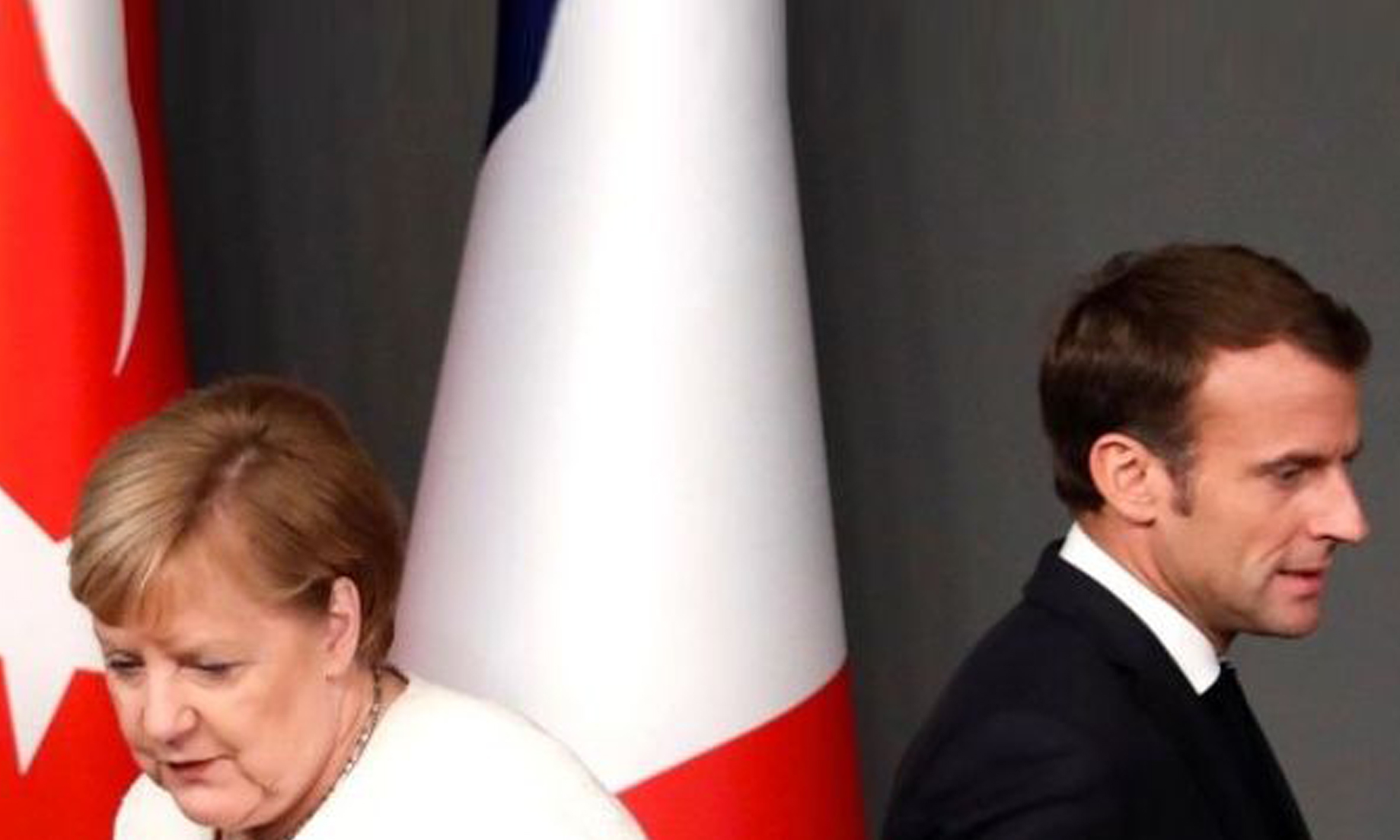BRUSSELS, May 29 (NNN-AGENCIES) – French President Emmanuel Macron and German Chancellor Angela Merkel faced off over the choice of next European Commission president at the first meeting of EU leaders to hash out the political consequences of last week’s elections.
The European Parliament elections, which dealt losses to the main centrist parties, have triggered a contest for the successor to Jean-Claude Juncker at the helm of the European Union’s executive – one of several top EU vacancies.
The main political groups nominated lead candidates for the post under the so-called Spitzenkandidaten system, aimed at boosting interest in the EU elections.
German EU lawmaker Manfred Weber was put forward by the centre-right European People’s Party (EPP) which came first in the polls. He also has the backing of Merkel, whose Christian Democrats are the largest party in the EPP.
Merkel urged her fellow EU leaders to demonstrate their “capacity to act” by agreeing quickly on Juncker’s successor, ahead of Tuesday’s informal EU summit in Brussels.
But Macron, who has opposed the Spitzenkandidaten system from the start, said policies must come before names.
The challenges ahead – including climate change and economic issues – presuppose “having experiences either in one’s own country or in Europe that provide credibility and know-how,” the French president said.
His comments appeared to be a dig at Weber, who has no government experience and whose record on climate issues is less convincing that that of other candidates.
Macron cited EU Competition Commissioner Margrethe Vestager and commission Vice President Frans Timmermans – who are both declared candidates – as well as EU Brexit negotiator Michel Barnier as having the skills required, while stressing that Tuesday’s debate was not about names.
“I want a debate about the project, the priorities and the criteria,” Macron said.
“First content, then people,” added Dutch Prime Minister Mark Rutte.
Macron is not the only critic of the Spitzenkandidaten system.
The leaders of the Czech Republic, Hungary, Poland and Slovakia don’t consider it the “Holy Bible,” said Slovakian Prime Minister Peter Pellegrini on behalf of the so-called Visegrad group.
Meanwhile, several members of the liberal ALDE group with which Macron has aligned himself came out Tuesday in favour of the liberal candidate, Denmark’s Vestager.
“There is no doubt that … Margrethe Vestager is the strongest card among the candidates that exist,” said Danish Prime Minister Lars Lokke Rasmussen, while his Luxembourg counterpart Xavier Bettel called her a “very strong candidate.”
Portuguese Prime Minister Antonio Costa, a Socialist, said he was backing Timmermans as his group’s lead candidate, while showing respect for Vestager’s executive experience.
Under EU rules, national leaders nominate the commission president who then requires majority backing in parliament.
The odds are tough for Weber, with just eight EPP leaders clearly in favour of him among the bloc’s 28 member states. A ninth, Hungarian Prime Minister Viktor Orban, does not support his candidacy.
The liberals, on the other hand, currently head nine governments, while just five countries have Socialist leaders.
Earlier Tuesday, the EPP, the Socialists and the Greens – but not ALDE – took a joint stand in favour of the Spitzenkandidaten system. However, they did not rally behind a single candidate.
“All of the citizens knew who the candidates were during the elections,” said parliament President Antonio Tajani. “So I think that not continuing with the procedure after the elections would be disrespectful to citizens.”
Complex negotiations are under way, with Weber requiring the vote of at least 376 lawmakers in the 751-seat legislature. An alliance with the Socialists – the second-largest party – and the Greens would give him a slim majority.
“The European People’s Party is ready for all the necessary compromises,” Weber said on Tuesday. “We are ready to talk now with everyone.”
But the Socialists are backing their own lead candidate, Timmermans. The Greens have made overtures to other parties, with co-leader Ska Keller praising Vestager as a rare female candidate.
The commission has a staff of about 32,000 and is charged with proposing legislation and ensuring member states abide by EU rules.
The commission presidency is one of several top EU vacancies, alongside the successor to European Council President Donald Tusk, the European Central Bank chief, the EU’s top diplomat and the next parliament president.
NNN-AGENCIES






